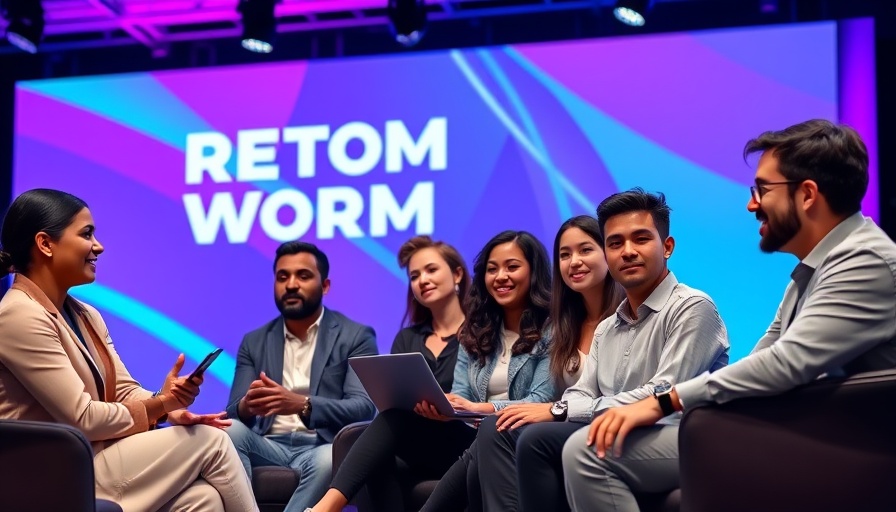
Gen Z at Work: A Misunderstood Generation
In the ongoing discourse about workplace norms, the perceptions of Generation Z often veer toward stereotypes. Many older generations tend to dismiss Gen Z as lazy or overly invested in remote work, but this narrative overlooks crucial nuances. During a recent panel at the Fortune Workplace Innovation Summit, young professionals, including Ziad Ahmed of the United Talent Agency, Jonah Stillman of GenGuru, and Tiffany Zhong of noplace, highlighted the critical need for open conversations about their work preferences and motivations.
Contrary to Popular Belief: Understanding Gen Z's Work Ethic
Contrary to the belief that young adults are simply unmotivated, the panelists argued that Gen Z possesses a strong desire for meaningful work. They crave jobs that reflect their values and align with their aspirations. This generation has experienced significant economic upheavals, like the COVID-19 pandemic, shaping their perspectives on job security, work-life balance, and corporate responsibility.
The Demand for Relevant Work Experiences
While some may interpret the preference for remote work as laziness, it may actually signal a shift towards valuing flexibility and autonomy. As companies grapple with adapting to modern employment models, embracing hybrid work environments that cater to these preferences could enhance workplace satisfaction and engagement for all generations. Gen Z seeks more than just a paycheck; they want to contribute to a cause that resonates with their ideals.
Bridging Generation Gaps in the Workplace
The generational divide at work is palpable, and the responsibility lies with both employers and older colleagues. The key to fostering this connection is communication. Embracing open dialogue that allows Gen Z to voice their preferences and ambitions is essential in crafting a corporate culture that embodies respect and understanding. Initiatives like mentorship programs can bridge these gaps, fostering inclusivity and collaboration.
Advocating for a New Business Paradigm
By recognizing the distinct values and expectations of Generation Z, businesses can tap into a potent workforce eager to innovate. Corporate social responsibility is paramount to this group, making it crucial for companies to portray genuine commitment towards sustainability and ethical practices. Shifting corporate priorities not only aligns with Gen Z’s values but can also significantly impact brand loyalty and employee retention.
As we venture further into the complexities of the current job market, it’s imperative to engage in meaningful conversations about the future of work. Generational stereotypes must be dismantled for businesses to flourish in an ever-evolving landscape.
 Add Row
Add Row  Add
Add 



Write A Comment